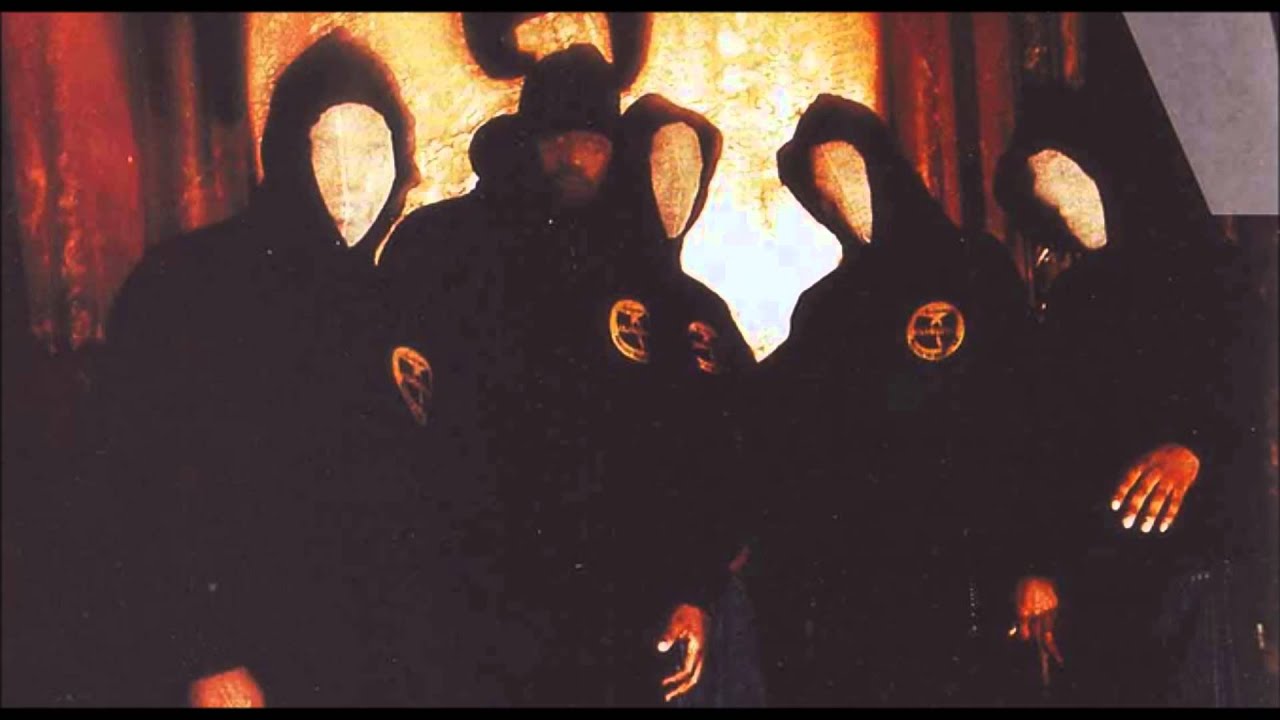
Using these parameters, the total number of albums considered is 48. Dre album and Tical wasn’t by Method Man and RZA. Doggystyle wasn’t listed as a Snoop Doggy Dogg and Dr. In the early-to-mid ‘90s, when Enter the Wu-Tang (36 Chambers) was released, producers were not given top-billing credit, even if there was only one beatmaker. The question then becomes, what about a Wu-Tang MC doing an entire project with a non-Wu producer, specifically GZA and DJ Muggs’s Grandmasters or Ghostface and Adrian Younge’s Twelve Reasons to Die? I went back and forth on this one, but ultimately decided that they should be included, if only because it is a new phenomenon. However, it would include Wu-Massacre, which is a collaborative effort between Raekwon, Method Man, and Ghostface Killah, three charter members. This includes Gravediggaz, Redman & Method Man’s Blackout albums and Ghostface Killah’s & Sheek Louch’s Wu Block. In Hip Hop this can mean a variety of things, but for the purposes of this list, it means any albums with artists from outside the Clan are not eligible.

As a person that appreciates the making of a list or two to put the history of Hip Hop into context, it was an admirable effort and, again, I love how much love is being heaped upon the Wu. While the piece regarding the attempt to listen to every track by RZA seems silly to me - mostly because I am absolutely positive I’ve heard everything by both the Clan and RZA himself many times over - but the one that really raised my eyebrows (and had multiple people tweeting me), was the one in which the author attempted to rank the top twenty Wu-Tang Clan group and solo albums of all time. Others, however, missed the mark, specifically Slate.

Some, like Paul Cantor’s piece for Noisey and the staff of Grantland each choosing a member to praise, were outstanding and made me happy to be a longtime fan of Hip Hop’s version of The Beatles. As a well-known Wu-Tang Clan disciple, I was nothing short of overjoyed with the number of articles and retrospectives of the group and its impact on the twentieth anniversary of its debut album, Enter the Wu-Tang (36 Chambers).


 0 kommentar(er)
0 kommentar(er)
